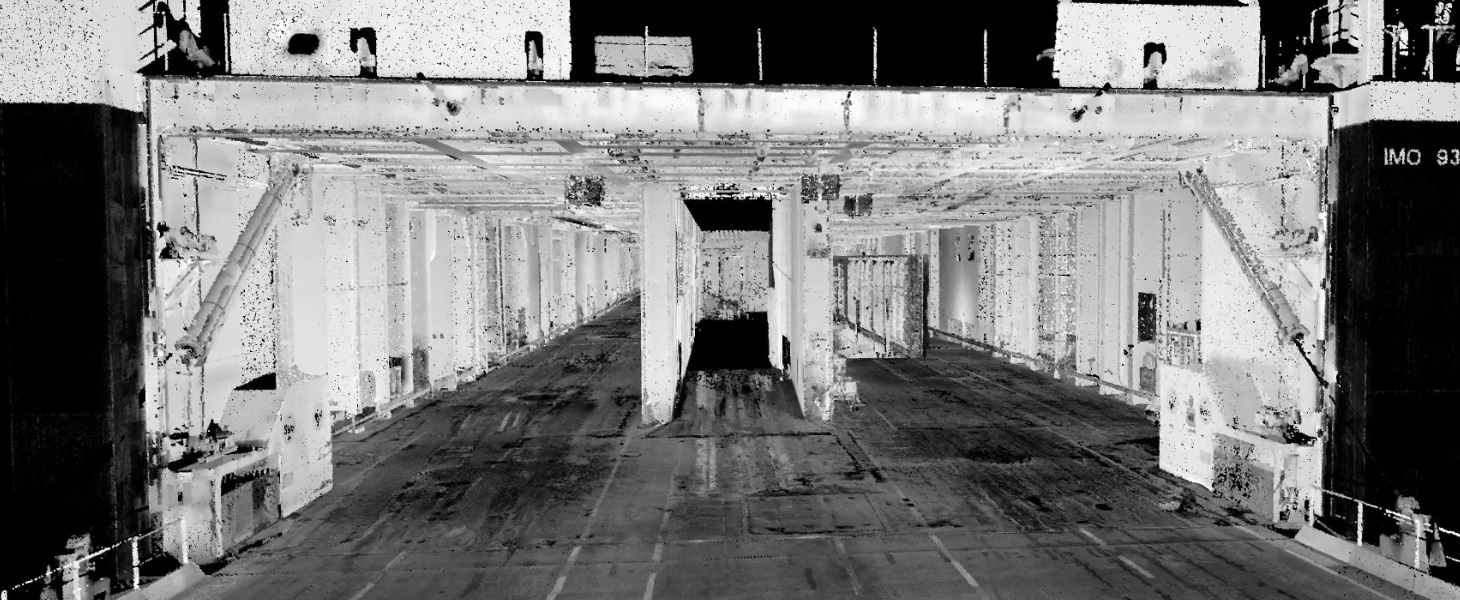The late co-founder and CEO of Apple Inc., Steve Jobs, has been quoted as saying “Technology is nothing. What’s important is that you have a faith in people, that they’re basically good and smart, and if you give them tools, they’ll do wonderful things with them.”
This ethos that technology alone is not enough is also strong in ECOPRODIGI. In the maritime industry, comprehensive and efficient vessel operations depend on a wide range of factors, including fast and correct stowage of cargo, efficient running of machinery, best practices in navigation, and predictive maintenance which can be improved by the means of new digital technologies. However, understanding and utilising new systems and technologies efficiently requires thorough theoretical and operational knowledge and skills. This, in turn, necessitates proper training concepts and programmes for those working in the industry. In ECOPRODIGI, training-related needs and possibilities are at the heart of Work Package 4 (WP4). This package comprises training programmes directed to the shipping companies, ports and the shipyard ecosystems in the Baltic Sea region which are created to spread knowledge to the industry end-users and other interested stakeholders about eco-efficiency and digitalisation. The development of simulation methods and models is a major part of this work.
The benefits of utilising simulation in the maritime sector are manifold. As explained by ECOPRODIGI project partner and University of South-Eastern Norway (USN) PhD Research Fellow Mariia Dushenko, while maritime industry is a complex dynamic system, modelling and simulation provide a risk-free space in which to run experiments or scenarios. In essence, the simulation model is a “digital twin” of a stage or a function in maritime industry such as the terminal operations of a RO-RO Vessel. Simulation is thus the ability to construct and interpret dynamic models of real-world processes. Furthermore, simulation is regarded to be the best tool used for a “real world” system and is often used prior to the operation of the real world system as a mediator for a dynamic situation.

Figure 1: 3-nested dependencies model
At the USN, work on simulation aims to develop and quantify potential cause-effect scenarios through Terminal Modelling and Simulation that demonstrate the impact of using digital solutions and better decision-support. The decision makers are politicians, logistics service providers and stakeholders in the design and development of urban infrastructure, logistics systems and solutions in general. The research is based on system theory and applies to the use of a 3-nested dependencies model (Figure 1) to explain this complex concept. This sustainability model reflects a co-dependent reality, where the outermost circle represents the natural environment, the middle one represents society, and the innermost one economic aspects or factors. Thus, economy and human society are wholly-owned subsidiaries of the environment and, as a result, all the actions taken on the operational level in port accumulate under one of the three sustainability factors. More efficient terminal operations may lead to a reduction in congestion levels, truck engine idling time and vessels’ sailing speed that inevitably results in reduced in fuel consumption, labour intensity, emissions, and sustainability as a whole.

3D laser scanning is one way to capture the data on the shape and size of physical objects to simulate the setting as digital representation. (© Chalmers University of Technology)
In ECOPRODIGI, the primary outcome of WP4 will be the use of simulation methods and the development of simulation models that provide a platform for training and instruction for educational programmes (Bachelor, Master and PhD level), external courses and other training schemes. The work on this has started with compiling the knowledge and best practices to be shared with the end-users. After this, the training concept is piloted via seminars and workshops for crew and management in the shipping industry and port end-users. Based on the piloting, the next step is to reformulate the training material for the use of relevant educational institutions, such as maritime academies, in the Baltic Sea region. The aim is to develop input for courses and further educational training to enhance the capacities of next generation maritime sector operators in relation to the needs and possibilities of digitalisation and eco-efficiency. Based on the piloting and feedback, the training programme will be evaluated and further developed before eventually making the material available for interested stakeholders and target groups.


